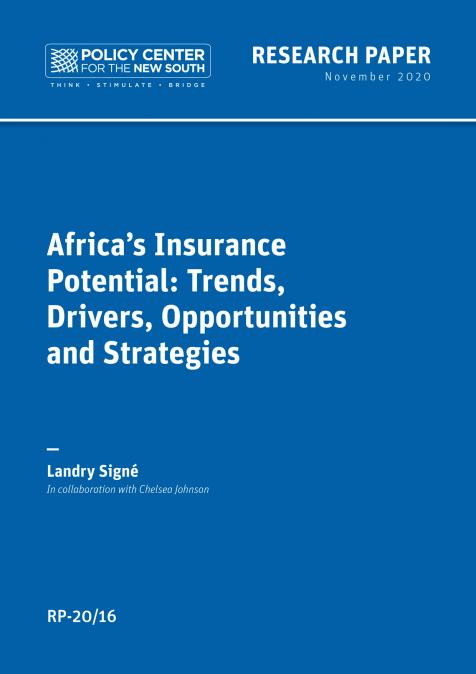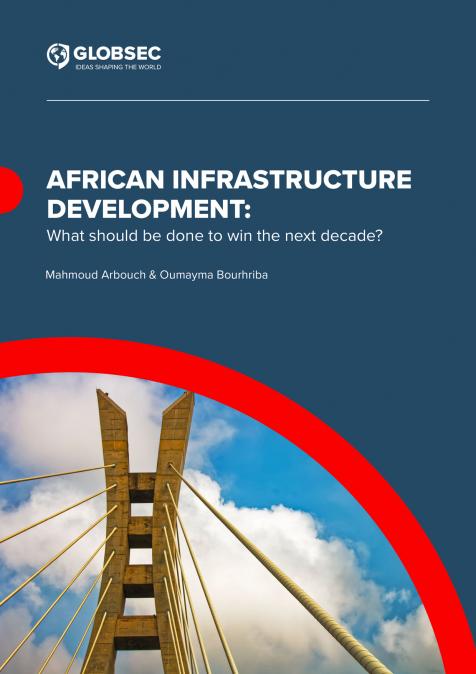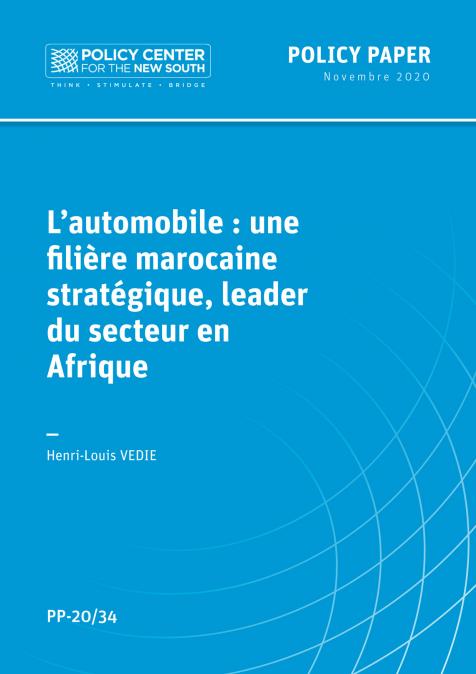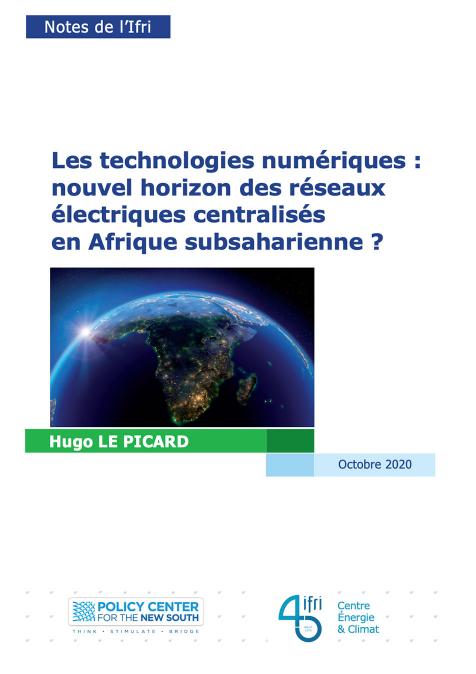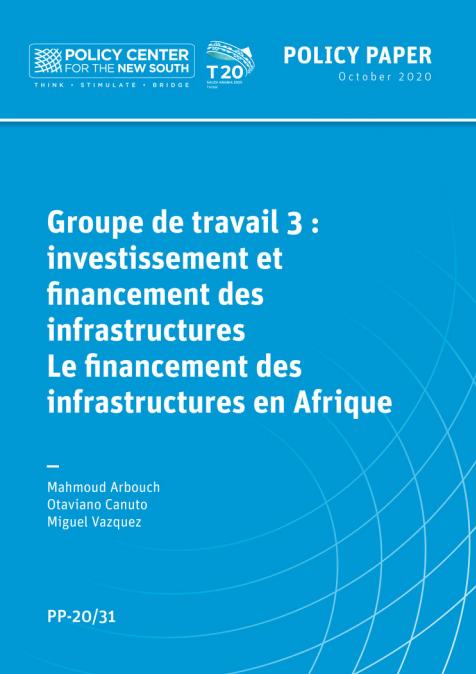AES 2023 - Session 4 : Industrial Policy for Innovation and Technology Upgrading in Africa
After decades of market-oriented free-trade policies supposed to efficiently allocate resources across industries in a way that reflects consumer preferences and technological possibilities, industrial policy is making a strong comeback. Such “Laisser-Faire” policies have undoubtedly acted as a catalyst for income catch-up and contributed significantly to poverty reduction across developing countries but were certainly not without blemish. There is some evidence that the set of economic policies prescribed by the Washington Consensus led to the demise of certain infant industries, limited the creation of local value-added, and trapped these developing countries in a technological dependency. Consequently, government intervention in designing the industrial policy is today more than justified to address the different market imperfections. As far as the African continent is concerned, there is a real need to foster innovation and approach the technological frontier. Africa cannot rely solely on FDI to develop its domestic industries and foster economic growth overall. Besides, African policymakers should also learn lessons from the failure of previous import-substitution policies, that didn’t ensure a rise of competitive local industries.
- How can Africa best negotiate this new turn to industrial policy design?
- What should be done to ensure that the next industrial policy will foster innovation and encourage intellectual protection?
- How can the African continent make the best use of its comparative advantage in terms of population, to re-skill the human capital?
Chair: Abdelkhalek Touhami, Full Professor, Mohammed VI Polytechnic University (Morocco)
Speakers: Andy McKay, Professor, University of Sussex (UK) Mustapha Kamel Nabli, Senior Associate, Economic Research Forum (Tunisia) Thierry Warin, Professor, HEC Montréal (Canada)





